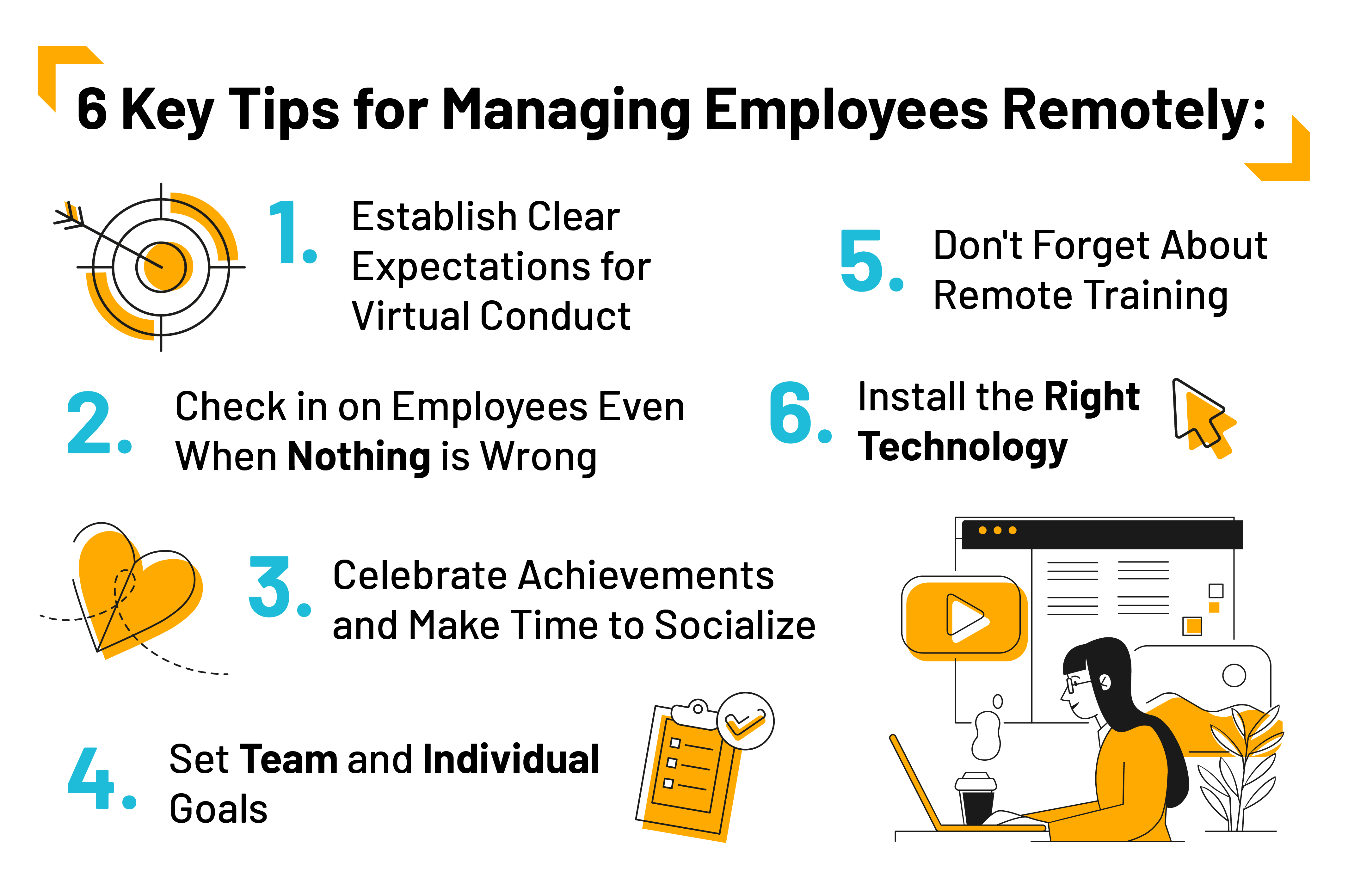As a remote worker, flexibility and freedom are two of the biggest perks. But with this freedom comes the challenge of managing your time effectively. Without the structure and accountability of a traditional office setting, it’s easy to get distracted, procrastinate, and struggle with time management. After several years as a remote worker, I have discovered some tips and strategies that have helped me stay organized and productive. In this blog post, I will share these insights with you in the hopes that they will help you achieve success in managing your time as a remote worker.
1. Set Clear Goals and Priorities:
Start each day by setting clear goals for yourself. What do you want to accomplish? By defining your priorities, you can focus your time and energy on the tasks that matter most. Break down your goals into smaller, actionable tasks to make them more manageable and track your progress as you go along. Setting deadlines for each task can also help you stay on track and avoid procrastination.
2. Establish a Routine:
While one of the perks of remote work is the ability to have a flexible schedule, it is still essential to establish a routine. Having a consistent routine can help you create structure and discipline in your workday. Set specific working hours for yourself, just as you would in a traditional office setting. This will help you stay organized and set boundaries between work and personal life.
3. Create a Dedicated Workspace:
Having a designated workspace is crucial for remote workers. It helps create a mindset of work and keeps distractions at bay. Set up a separate area in your home that is solely dedicated to work. Ensure it is comfortable, well-lit, and free from distractions. This will help you stay focused and productive during your working hours.
4. Eliminate Distractions:
One of the biggest challenges of remote work is the abundance of distractions at home. It’s easy to get sidetracked by household chores, social media, or even Netflix. To combat this, take proactive steps to eliminate distractions. Turn off notifications on your phone, close unnecessary tabs on your computer, and communicate boundaries to your family members or roommates.
5. Use Time Management Tools:
There is an array of time management tools available that can help remote workers stay organized and productive. Some popular ones include Trello, Asana, and Todoist for task management, and time tracking tools like Toggl to monitor your work hours. Experiment with different tools to find what resonates with you and integrates well into your workflow.
6. Take Regular Breaks:
While it may seem counterintuitive, taking regular breaks throughout the day can actually boost your productivity. Studies have shown that taking short breaks can help maintain focus, prevent burnout, and enhance creativity. Consider incorporating the Pomodoro Technique, where you work for 25 minutes and then take a 5-minute break, into your daily routine.
7. Stay Connected:
Even though you work remotely, it’s crucial to stay connected with your colleagues and maintain a sense of community. Schedule regular virtual meetings, use communication tools like Slack or Microsoft Teams for real-time collaboration, and participate actively in team discussions. This will help you stay motivated, engaged, and connected to your work.
8. Practice Self-care:
Remote work can blur the boundaries between work and personal life. It’s essential to prioritize self-care to maintain your physical and mental well-being. Make time for activities you enjoy outside of work, exercise regularly, eat healthily, and ensure you get enough sleep. Taking care of yourself will enhance your productivity and overall work-life balance.
9. Learn to Say No:
As a remote worker, you may often find yourself juggling multiple projects or tasks. It’s essential to learn to prioritize your workload and not overcommit yourself. Know your limits and be comfortable saying no when necessary. Focusing on fewer tasks and doing them well is often better than spreading yourself too thin.
10. Reflect and Adapt:
Reflecting on your time management practices regularly is important to identify what works for you and what doesn’t. You may need to adapt and refine your approach based on your personal preferences and circumstances. Be open to trying new strategies and find the balance that suits you best.
In conclusion, managing time effectively as a remote worker is a skill that can be honed with practice and discipline. By setting clear goals, establishing a routine, creating a dedicated workspace, eliminating distractions, using time management tools, taking regular breaks, staying connected, practicing self-care, learning to say no, and reflecting and adapting, you can maximize your productivity and achieve success in your remote work journey. Embrace the flexibility of remote work while also harnessing the organization and structure needed to excel.
